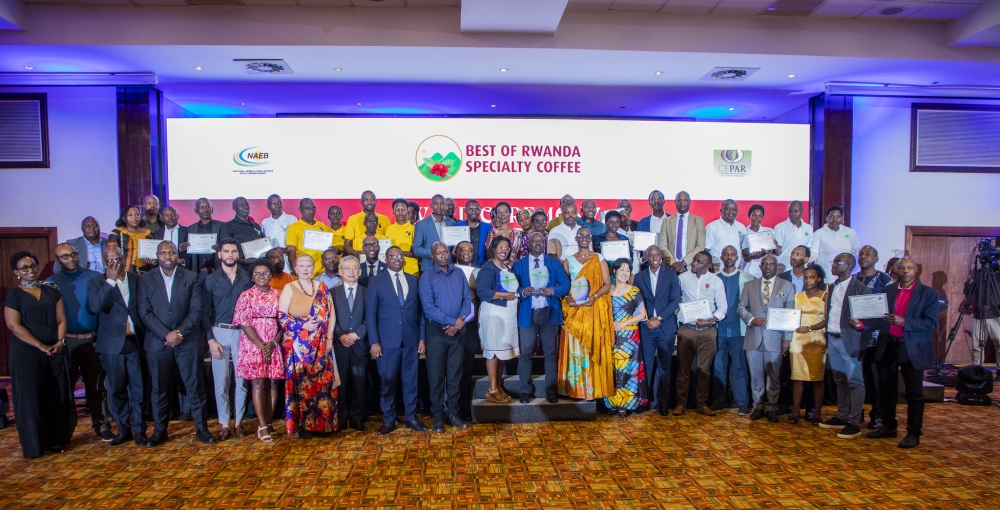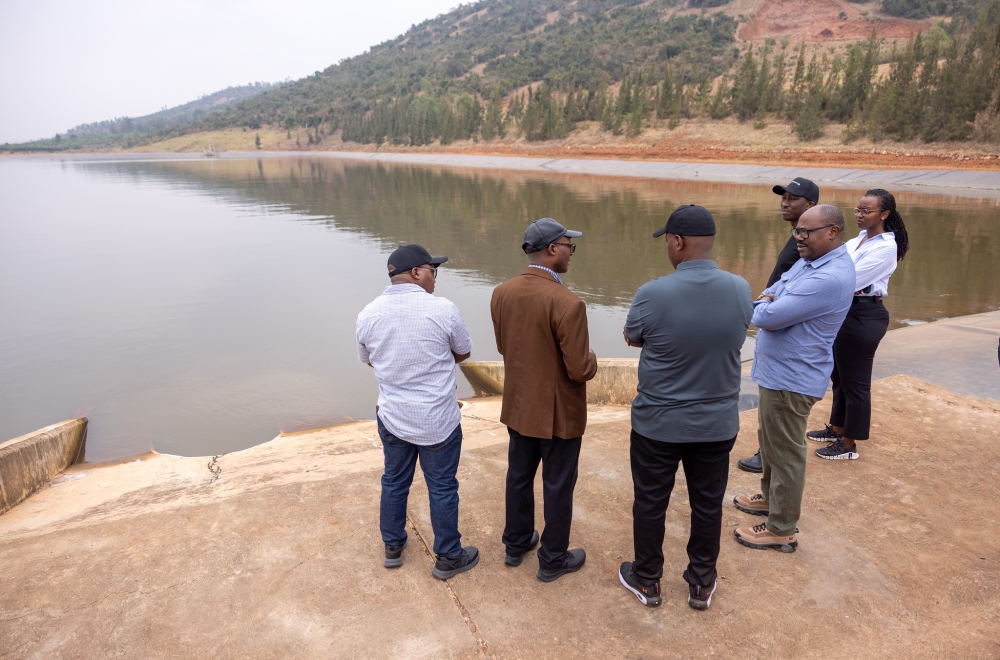Despite Rwanda’s past, fraught with strife, Rwanda has proved to the world that its development is not stagnant and that its people are geared towards economic growth and development. This is evidenced by the World Bank ranking of which Rwanda swiftly shifted from the position of 139 to the 67th position and ranked numerically as number one world reformer.


Despite Rwanda’s past, fraught with strife, Rwanda has proved to the world that its development is not stagnant and that its people are geared towards economic growth and development.
This is evidenced by the World Bank ranking of which Rwanda swiftly shifted from the position of 139 to the 67th position and ranked numerically as number one world reformer.
Rwanda is now seen as a role model. For example, different governments all over the world have come to see how Rwanda has managed to disdain racial segregation and live in harmony with a common vision of attaining development.
This is not because of the might of its arms or the scale of wealth that Rwanda has, but because of the energetic spirit the Rwandan people posses.
It is a clear reflection therefore, that Africa’s problems can not only be totally blamed on colonialists, but also on its people. Although Rwanda isn’t totally healed of its scars we carry on because we have to do so for the sake of the next generation.
The truth is, Africa should learn from Rwanda about how to break the stagnant cycle of development.
The method that worked here was by giving the end users, the citizens, a stake in their own development.
Because of this the country has achieved much so far. This progress, instead of societal stagnation, gives hope about who the Rwandan people can become tomorrow.
As long as we work together with a measure determination to heal the divide that held our country back for a common cause of development.
This however, should not be limited to Rwanda but also to be pursued by other countries in Africa and the rest of the continents to break such a stagnant cycle in thinking and in understanding.
Stagnation of the social- economic cycle is brought about by committed leadership, good governance which is the causal reason for generational survival, in Africa.
However, because of lack of community consensualism and conflict, the end result has been stagnation brought about by such leaders limiting themselves to personal prioties rather than societal needs.
Rwanda, however, has skipped this stage which I call "solicited stagnation”




